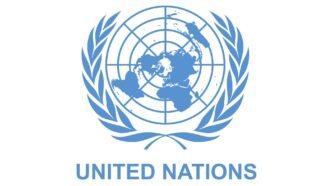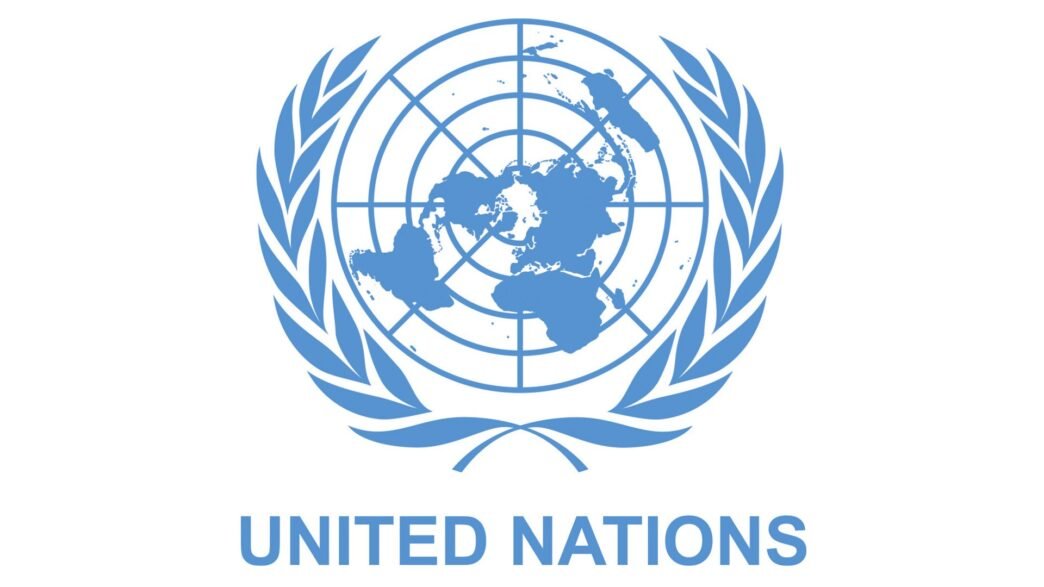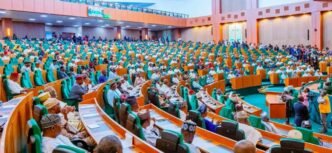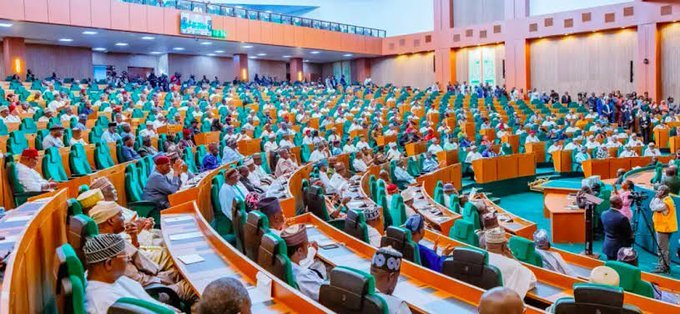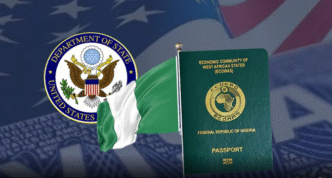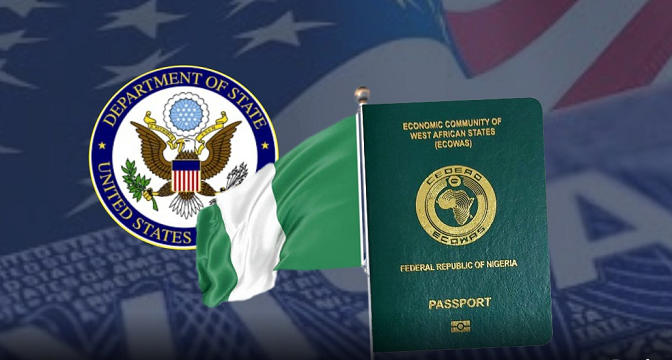Abuja, Nigeria (October 9, 2025) — A new United Nations (UN) assessment has revealed that Nigeria has suffered an estimated $10 billion in economic losses due to over a decade of conflict in the country’s Northeast region. The report, which evaluates the extensive impact of insurgency and insecurity in Borno, Yobe, and Adamawa States, paints a grim picture of how years of violence have crippled livelihoods, destroyed infrastructure, and stunted human development across the region.
According to the UN, the figure represents the direct and indirect costs of the prolonged armed conflict primarily driven by Boko Haram and Islamic State West Africa Province (ISWAP) insurgencies. These losses cut across key sectors including agriculture, trade, education, healthcare, housing, and transportation — sectors that once formed the backbone of the region’s economy.
Decade of Destruction: The Toll of Insurgency
Since 2009, the Boko Haram conflict has resulted in over 35,000 deaths and displaced more than 2.5 million people across the Lake Chad Basin region. In Nigeria alone, an estimated 1.8 million internally displaced persons (IDPs) remain scattered across camps in Borno, Yobe, and Adamawa States.
The UN Humanitarian Office (OCHA) noted that the economic impact extends beyond physical destruction, encompassing lost productivity, halted investments, and the disruption of supply chains that once connected the Northeast to major economic centers like Kano, Abuja, and Lagos.
The report stated that agricultural production — once the mainstay of local communities — has been severely affected. Many farmers have abandoned their farmlands due to persistent insecurity, landmines, and the fear of attacks. As a result, food output in the region has dropped by over 70% in the last decade, triggering widespread food insecurity and dependence on humanitarian aid.
Infrastructure Damage and Economic Paralysis
The UN Development Programme (UNDP) in its findings emphasized that the destruction of critical infrastructure such as roads, bridges, schools, hospitals, and electricity networks has deepened poverty in the Northeast.
In Borno State alone, over 1,000 schools have been destroyed or rendered unusable, displacing hundreds of thousands of students and teachers. The health sector has also been paralyzed, with many hospitals either vandalized or lacking essential personnel and equipment.
According to the North-East Recovery and Stabilization Framework (NRSF), more than 400 public facilities, including water systems and markets, have been destroyed since 2011. The repair and reconstruction of these facilities are projected to cost billions of naira.
“Every attack on a school, a hospital, or a bridge is not just an assault on infrastructure — it’s an attack on development and on people’s future,” said Matthias Schmale, the UN Resident and Humanitarian Coordinator for Nigeria, while presenting the report in Abuja.
Human Cost: Lives Disrupted and Dreams Deferred
Beyond the economic damage, the conflict has left a deep humanitarian scar. Families have been separated, children orphaned, and communities torn apart. The UN estimates that over 7.8 million people in the region currently depend on humanitarian assistance to survive, including food aid, shelter, and medical support.
Many displaced persons have lived in camps for over five years, unable to return to their ancestral homes due to the lingering insecurity. Women and children make up more than 80% of those displaced, and many face heightened risks of gender-based violence and exploitation.
The report highlighted that the psychological and social costs are immeasurable. Trauma, depression, and loss of livelihood opportunities have driven many young people into desperation, leaving them vulnerable to recruitment by armed groups.
Decline in Foreign Investment and Regional Trade
The persistent insecurity has also scared away investors and crippled trade routes. Once a thriving commercial hub linking Nigeria to Chad, Niger, and Cameroon, Maiduguri, the Borno State capital, has become a shadow of its former self.
Cross-border trade, which contributed billions of naira annually to Nigeria’s economy, has collapsed due to border closures and frequent insurgent attacks. The UN report indicated that trade volume between Nigeria and its northeastern neighbors has fallen by nearly 80% since 2010.
Furthermore, many businesses have either relocated to safer regions or closed entirely, resulting in massive job losses. The unemployment rate in the Northeast stands at nearly double the national average, worsening poverty and social inequality.
Government Efforts and International Support
Despite the grim statistics, both the Nigerian government and international partners have continued to push for recovery and stabilization. The North-East Development Commission (NEDC), established in 2019, has launched various reconstruction and rehabilitation projects aimed at restoring normalcy.
The NEDC’s Managing Director, Mohammed Alkali, recently disclosed that the Commission has invested heavily in rebuilding critical infrastructure, including roads, schools, and health centers. However, he acknowledged that “the scale of destruction is overwhelming, and government efforts alone are not enough.”
The UN and World Bank have also supported the Recovery and Peace Building Assessment (RPBA), which serves as a framework for coordinating international aid and investment in the region. The program focuses on rebuilding communities, restoring livelihoods, and enhancing local governance to prevent the resurgence of conflict.
Path to Recovery: Recommendations by the UN
The UN report calls for a comprehensive and sustained recovery strategy that prioritizes peace, governance, and socio-economic inclusion. Key recommendations include:
- Strengthening security and peacebuilding efforts to enable displaced populations to return home safely.
- Massive investment in education and vocational training to empower youths and reduce vulnerability to extremist recruitment.
- Restoration of agricultural productivity through the clearing of landmines, provision of farm inputs, and rehabilitation of irrigation systems.
- Reconstruction of infrastructure to restore connectivity and attract private investment.
- Enhanced coordination between federal, state, and local governments, as well as with international partners, to ensure accountability and transparency in rebuilding efforts.
Voices from the Ground
In Maiduguri, many residents say life is beginning to show signs of gradual recovery, but challenges remain.
“Things are a bit better now than five years ago, but we still live in fear,” said Aisha Ibrahim, a 35-year-old widow displaced from Gwoza. “The government and aid workers have tried, but many of us just want to go home and farm again.”
For others like Abubakar Ali, a former trader at the Maiduguri Monday Market, the losses are beyond measure. “I lost everything — my shop, my goods, even my family home. We used to trade with Cameroon and Chad; now those roads are gone,” he lamented.
Looking Ahead
The UN’s $10 billion loss estimate underscores the magnitude of what Nigeria faces in rebuilding the Northeast. Experts believe that beyond reconstruction, a long-term peace and economic diversification plan is essential to prevent relapse into conflict.
Development economists argue that the Nigerian government must prioritize inclusive economic policies that bridge the development gap between the Northeast and other parts of the country. Without that, the cycle of poverty and extremism could persist.
While progress has been made in reclaiming territories and resettling displaced persons, the road to recovery remains long and complex. The UN’s warning serves as both a wake-up call and a roadmap for Nigeria — to transform a decade of devastation into a foundation for sustainable peace and growth.

